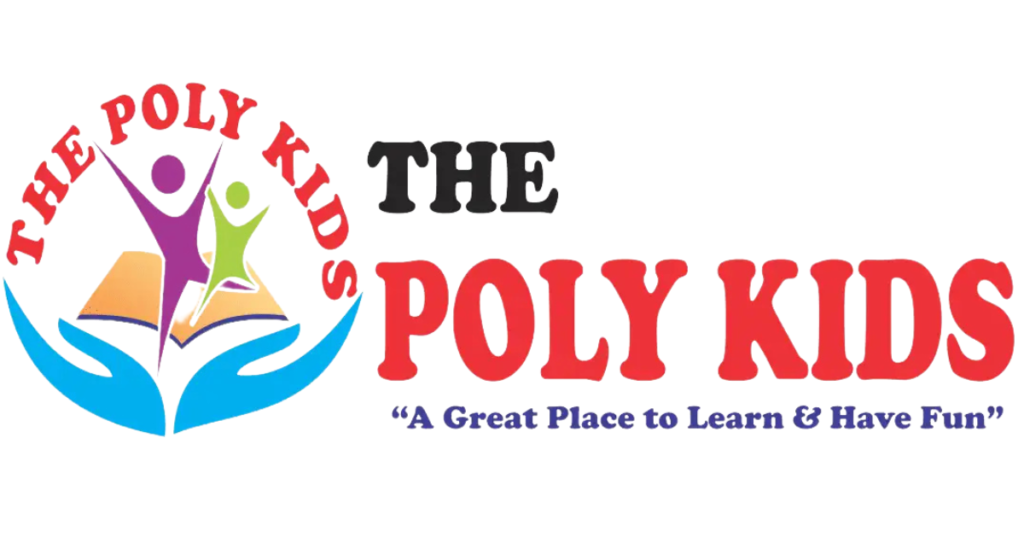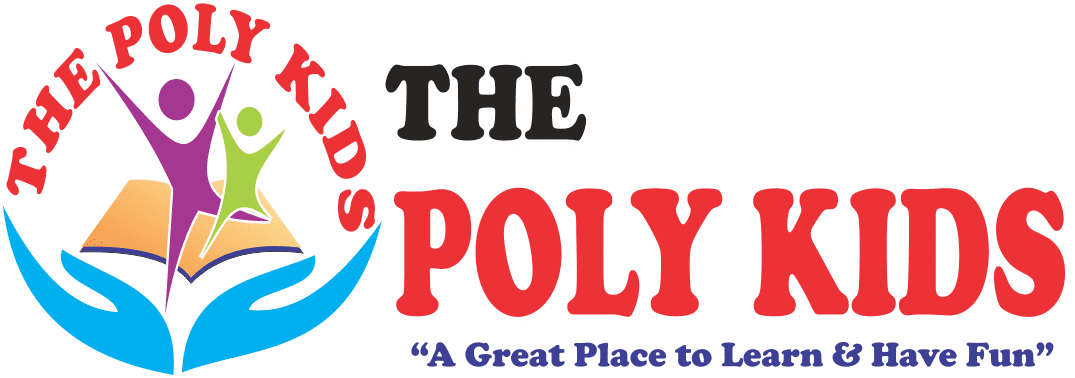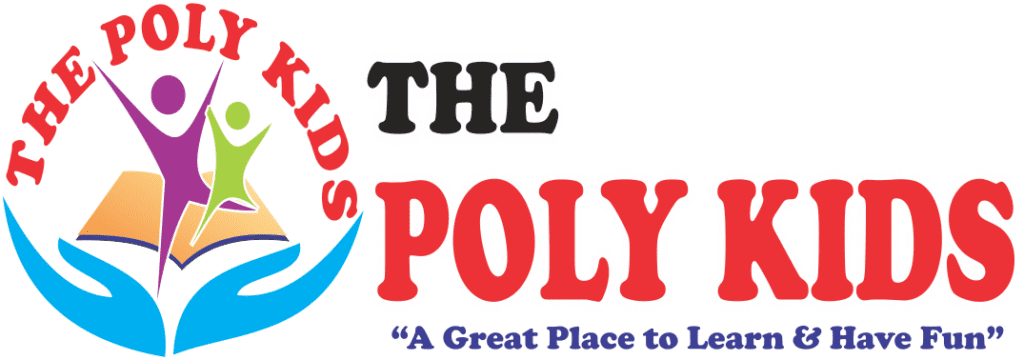What is Difference Between Preschool & Kindergarten
At The Poly Kids, we understand that choosing the right early education stage for your child can be overwhelming. Many parents are unsure about the preschool and kindergarten comparison, making it difficult to decide which option best suits their child’s needs.
Below, we present a detailed point-by-point guide to help you understand the key differences between these two important stages.
1. Purpose and Role
Preschool
-
Introduces children to learning in a playful and social environment.
-
Focuses on curiosity, exploration, and emotional development.
-
Encourages early communication and interaction skills.
Kindergarten
-
Prepares children for the academic structure of primary school.
-
Develops early reading, writing, and math skills.
-
Builds problem-solving abilities and independence.
2. Age Group and Eligibility
Preschool
-
Typically for children aged 2–5 years.
-
Flexible entry based on readiness and parental choice.
Kindergarten
-
Usually for children aged 5–6 years.
-
Acts as the final step before entering Grade 1.
3. Curriculum Focus
Preschool
-
Play-based learning with creative activities.
-
Introduction to shapes, colors, numbers, and letters.
-
Storytelling, music, art, and outdoor play.
Kindergarten
-
Structured subjects like language, math, and early science.
-
Introduction to writing sentences and reading short texts.
-
Basic environmental and social studies awareness.
4. Learning Style
Preschool
-
Hands-on exploration and activity-driven learning.
-
Short, engaging activities to hold attention.
-
Flexible approach tailored to each child’s pace.
Kindergarten
-
Combination of structured lessons and interactive tasks.
-
Longer focus periods for academic work.
-
Regular assessments to track progress.
5. Daily Schedule and Structure
Preschool
-
Shorter hours, often half-day programs.
-
Flexible routines that adapt to children’s needs.
-
Rest periods included for younger learners.
Kindergarten
-
Longer hours, often matching school timings.
-
Fixed timetable with set learning periods and breaks.
-
Gradual increase in structure to prepare for primary school.
6. Social Development
Preschool
-
Encourages sharing, turn-taking, and making friends.
-
Teachers guide children in expressing emotions.
-
Focus on building confidence in group settings.
Kindergarten
-
Enhances teamwork, cooperation, and conflict resolution.
-
Involves more complex group projects and activities.
-
Promotes leadership and responsibility.
7. Academic Expectations
Preschool
-
Introduction to letters, numbers, and vocabulary.
-
No formal academic pressure.
-
Emphasis on developing interest in learning.
Kindergarten
-
Early literacy skills such as reading and writing.
-
Basic arithmetic like addition and subtraction.
-
Encourages independent learning habits.
8. Teacher’s Role
Preschool Teachers
-
Act as facilitators and guides for exploration.
-
Support children in building basic skills naturally.
-
Focus on nurturing creativity and curiosity.
Kindergarten Teachers
-
Provide structured instruction in core subjects.
-
Assess progress through regular activities and tests.
-
Prepare children for Grade 1 requirements.
9. Parental Involvement
Preschool
-
High parental involvement in activities and events.
-
Frequent updates on child’s progress.
-
Collaborative role between teachers and parents.
Kindergarten
-
Moderate parental involvement, encouraging independence.
-
Focus on preparing parents for reduced participation in primary years.
-
Guidance provided for home-based learning support.
10. Emotional Readiness
Preschool
-
Builds basic social and emotional confidence.
-
Helps children separate from parents comfortably.
-
Encourages adaptability to new environments.
Kindergarten
-
Strengthens resilience for academic challenges.
-
Encourages emotional self-regulation.
-
Develops readiness for formal school transitions.
The Poly Kids Approach
At The Poly Kids, we design both preschool and kindergarten programs with:
-
Age-appropriate learning strategies.
-
Balanced focus on academics, creativity, and emotional growth.
-
Nurturing environments that make every child feel safe and confident.
-
Continuous communication with parents for progress updates.
Our goal is to ensure that the preschool and kindergarten comparison leads parents to make an informed choice for their child’s future.
Conclusion
While preschool and kindergarten are both vital stages in early education, their focus, methods, and expectations differ. A preschool and kindergarten comparison clearly shows:
-
Preschool is about exploring, playing, and laying the foundation.
-
Kindergarten is about preparing academically and socially for school.
At The Poly Kids, we guide parents every step of the way to choose the right stage for their child’s growth and happiness.


